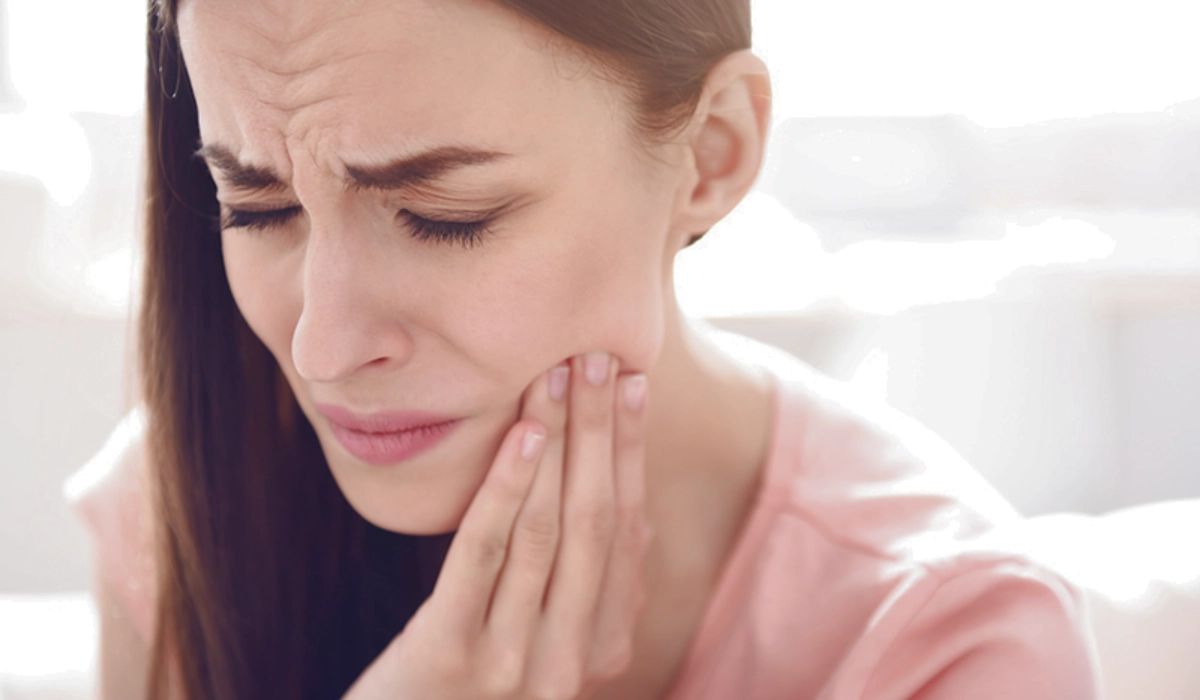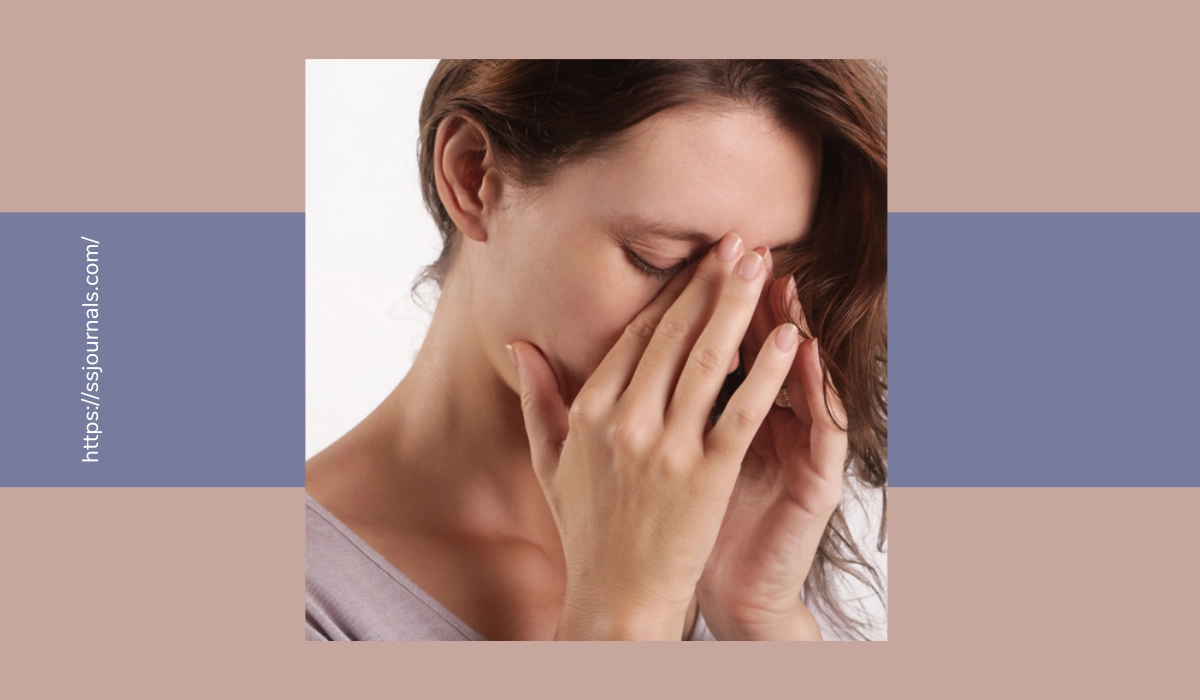Tooth pains can be challenging, especially when they are triggered (and accompanied) by the discomfort of sinus pressure. The sinus statistic during the end of last decade claimed that around 30 million adults in the U.S. are dealing with sinus, let alone the global numbers.
You might know the discomfort if you or someone around is dealing with this condition. Especially since sinus and dental structures have an intricate connection, the associated pain may become unavoidable for many. However, breath is a sign of relief. This article explores 13 effective remedies to relieve tooth pain from sinus pressure.
The Connection Between Sinus Pressure and Tooth Pain
Sinus pressure can be annoying, and its association with tooth pain is close. But how?
The maxillary sinus and the upper teeth share proximity and nerve pathways. The maxillary sinuses or antrum of Highmore are the first to form paranasal sinuses. It is positioned in the upper jaw, right above the premolars and upper molars, and thus has interconnected nerves with the adjacent teeth.

As this sinus experiences inflammation due to any reason, it affects the nearby dental nerve due to increased pressure. Therefore, tooth pain from sinus pressure occurs on the upper teeth, especially when the sinus becomes congested.
The pain is usually dull with an aching sensation, but it can turn severe by any activity that increases sinus, even bending over.
Causes and Symptoms of Sinus-related Tooth Pain
Sinus tooth pain can occur due to various factors and may manifest in numerous ways. Here’s an overview of the same:
List of Causes:
- Tooth pain from sinus pressure may occur due to sinus inflammation (caused by bacterial or viral infections). Inflammation is often responsible for causing pressure on the dental nerve.
- Seasonal allergies, including pollen, dust, and more, may trigger sinus congestion, thus causing tooth pain.
- Respiratory infections and colds are common triggers of sinus congestion and related dental pressure.
- Nasal Polyps (non-cancerous) can block the sinus, thus causing sinus-related tooth pain.
- Some individuals may have to deal with sinus tooth pain due to deviated septum and other structural issues.
List of Symptoms:
- Dull aching pain with a pulsing sensation constantly.
- Increased pain as and when the sinus pressure changes.
- Pain on multiple upper teeth.
- Pain on both sides of the face.
- Nasal congestion.
- Nasal discharge.
- Increase in pain due to tapping.
Effective Remedies for Sinus Tooth Pain
If you have a toothache due to sinus pressure, try these quick and effective home remedies to gain relief:
- Warm Compress: Applying a warm compress over the cheek (Affected area) can soothe sinus congestion and thus offer relief from tooth pain. Place a warm cloth or a heating pad over the affected area for 15 minutes at a time and repeat it throughout the day.
- Nasal Irrigation: The process of flushing the nasal passage with a saline solution clears the saline congestion. It not only reduces sinus pressure but also the associated tooth pain. Consider rinsing your nasal passage using a saline spray or a Neti pot.
- Stay Hydrated: Keep yourself hydrated throughout the day since it helps in mucus thinning, thus providing relief from the sinus and its associated pains. Drink plenty of lukewarm water throughout the day.
- Use Over-the-counter Decongestants: The marketplace is full of many over-the-counter decongestants, sprays, and meditations. Use a reputable among them to reduce sinus swelling and tooth pain. You can consult a healthcare professional for recommendations, or even the chemist may recommend effective medications.
- Steam Inhalation: Inhalation is one of the primary and most effective ways to clear the nasal passage. Doing so promotes drainage and relieves sinus pressure and associated toothache. Take a bowl of hot water, cover your head with a towel, and inhale the steam for at least 10 minutes for relief.
- Elevate Head While Sleeping: As you sleep with an elevated head, mucus doesn’t pool in the sinus and reduces pressure from teeth. Thus, to find comfort while sleeping, either elevate the head of your bed or try using an extra pillow.
- Use Topical Analgesics: Gels and ointments containing menthol may help find temporary relief from toothache. Topical analgesics with clove oil may also help.
- Avoid Triggers: Identify and avoid anything that worsens your sinus. The factors can range from pollen, allergens, irritants, pressure, movement, foods, dairy or anything. For added comfort, consider using air purifiers.
- Consume Spicy Foods: Spicy foods, especially the ones containing chili peppers, can open nasal congestion, thus offering relief from sinus and related pain. Consider drinking spicy soup or consuming hot peppers.
- Use Garlic: Garlic is naturally antimicrobial, and incorporating it into your meals (raw or cooked) may help with sinus. Or, place two peeled garlic cloves on your nostrils for 10 minutes to find relief.
- Humming: Producing humming sounds (vibrations) may help reduce nasal pressure and sinus pressure. Hum gently throughout the day and find out if it helps.
- Yoga: Certain yoga posture and breathing exercises can improve circulation and promote relation from sinus congestion. Explore yoga poses like Childpose (Balasan), Bridge Pose (Setu Bandasan), Cobra Pose (Bhujangasan), Cat-Cow Pose (Chakravakasan), and Downward Facing Dog (Adho Mukh Asan). Or, try breathing exercises like Kapalbhati, Bhramari Pranayam, and Bhastrika Pranayam.
- Consume Inflammatory Food: Include inflammatory foods in your daily diet to reduce overall inflammation in your body and sinus-related issues as well. Add foods like turmeric, ginger, leafy greens, and fatty fish.
Conclusion
The complex pressure between tooth pain and sinus pressure has been rightfully explained. Although the physical connection cannot be denied with the right knowledge and smart practices, it isn’t difficult to find relief. Whatever remedies you choose, make sure you follow them for a while to experience results.
Or, try combining two or more remedies for effectiveness. However, remember that the effectiveness of these remedies may vary amongst individuals.
Also, upon dealing with failed attempts at home, wait no further and consult a professional. Reach your nearest ENT specialist for immediate help and expert guidance.

